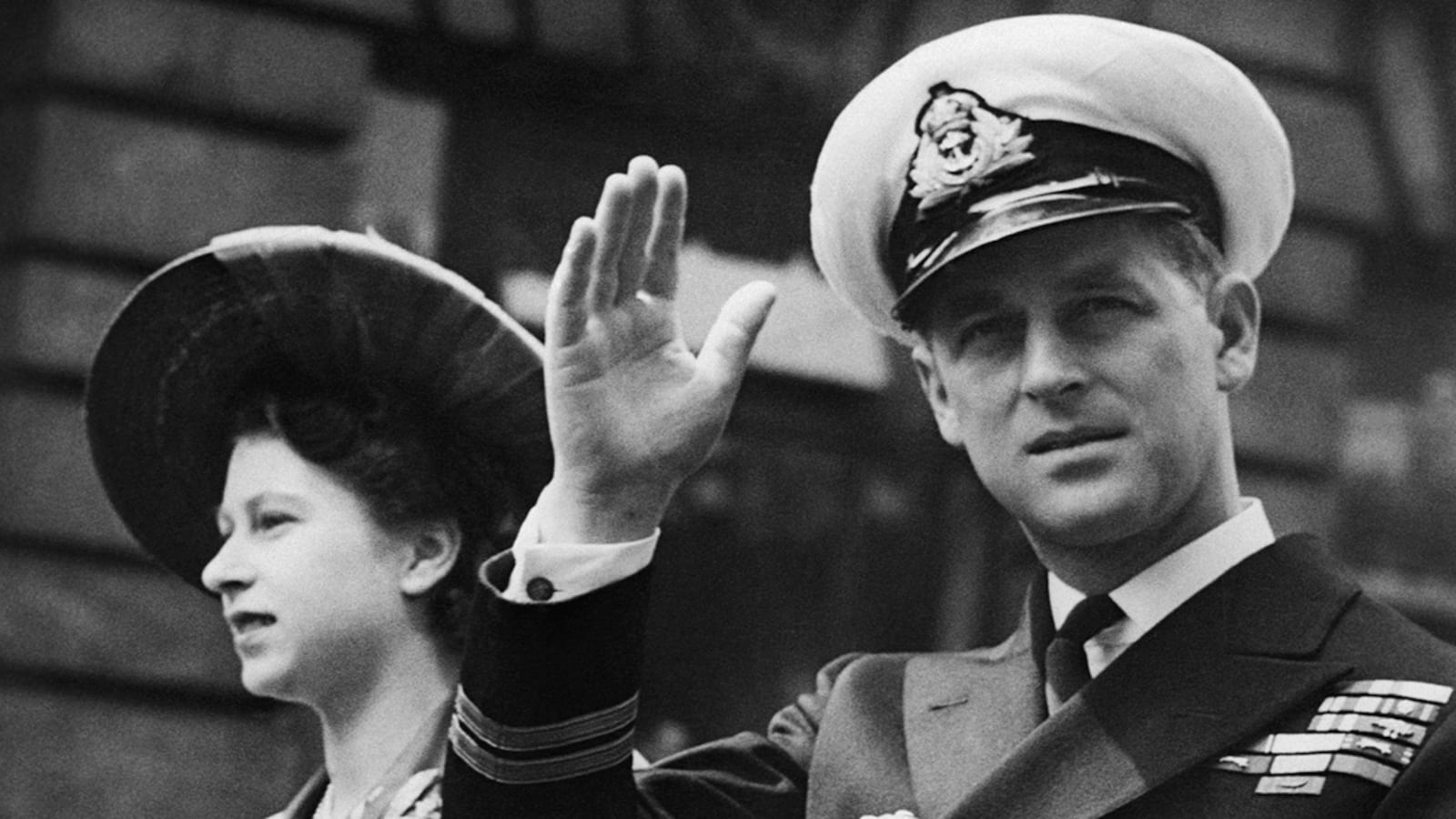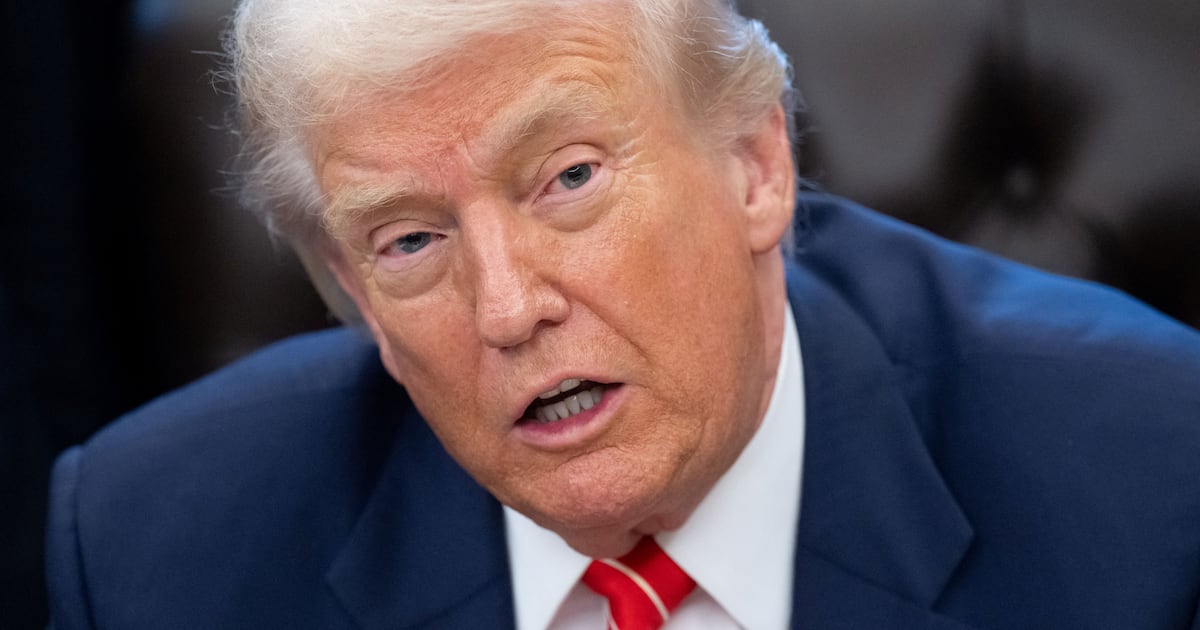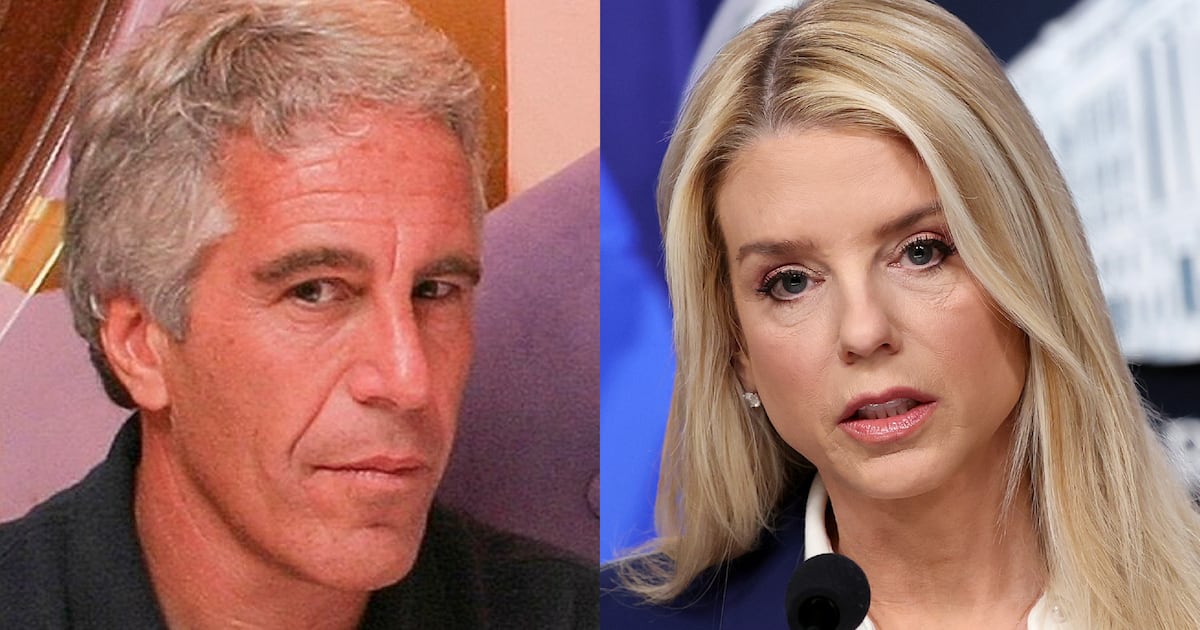Prince Philip Was a UFO Spotter Philip Eade writes in the foreword to his new book, Prince Philip: The Turbulent Early Life of the Man Who Married Queen Elizabeth II, that he first became interested in authoring a bio about Prince Philip when he “briefly toyed with writing a book about prominent ufologists in the period just after the Second World War.” During the course of that research, Eade discovered not only that Prince Philip was a subscriber to the magazine Flying Saucer Review, but that he once sent his equerry, Sir Peter Horsley, “to meet an extraterrestrial humanoid at a house in Ealing.” Eade writes, “A number of witnesses were invited to Buckingham Palace to discuss their experiences, as Horsley later explained, to ‘put them on the spot’ and to test their honesty in the presence of royalty, a method as effective as any truth serum.” Horsley was on the prince’s staff from 1952 to 1955 before climbing to great heights in the Royal Air Force. When Horsley published his memoirs in 1997, a senior official at the Ministry of Defence commented, “How unfortunate that the public will learn that the man who had his finger on the button of Strike Command was seeing little green men.”
Prince Philip’s Mum Was Sent to a Mental Institution
Philip’s father, Andrew, was the brother of the king of Greece, and his mother, Alice Battenberg, was a granddaughter of Queen Victoria. Alice was very beautiful but almost completely deaf. She camouflaged her disability by learning to lip-read in multiple languages. In December 1922, Philip’s parents were compelled to leave Greece in a hurry after his uncle was deposed, and the 1-year-old was given a crib made out of a fruit crate. His father subsequently spent most of the rest of his life living the playboy lifestyle in the south of France, but his mother was committed to a mental institution in Germany in 1930. Alice was “diagnosed” with a “neurotic-pre-psychotic libidinous condition” and, on the recommendation of Sigmund Freud, was subjected to “an exposure of the gonads to X-rays, in order to accelerate the menopause.” They rarely saw Philip, who spent his childhood at boarding schools or with his maternal uncle Dickie Mountbatten. Philip Had No Last Name
Philip was mocked at prep school for having no surname. He was only ever known as “Philip of Greece.” He took the last name Mountbatten when he became a naturalized British citizen before marrying Elizabeth.

Philip Had an Extravagant Aunt
Georgie Mountbatten, the brother of Dickie, who raised Philip for much of his childhood, had a wife, Nada, who once ordered a tub of champagne to soothe her feet after winning a Charleston contest in Cannes, whereupon he was presented with a huge bill that read, “Champagne for Marchioness of Milford Haven’s feet.” Philip Went to Crazy Schools
The headmaster at Gordonstoun, Prince Philip’s school, had unusual ideas. Boys had to learn to sail, they had to get up at 6 a.m. for a cold shower and a run, and they had to spend an hour every afternoon lying on their backs being read to. Philip later wrote, “Children may be indulged at home but school is expected to be a spartan and disciplined experience in the process of developing into self-controlled, considerate and independent adults.”

Philip Wooed Elizabeth When She Was a Child
Philip had met Princess Elizabeth, his second cousin once removed and heir to the throne, several times, but things stepped up a gear when he made a visit in 1939. He was 18 and Elizabeth was 13. The future queen’s governess described how, while they were playing with a clockwork railway, Philip came into the room. “For a while they knelt side by side playing with the trains. He soon got bored with that. We had ginger crackers and lemonade in which he joined and then he said, ‘Let’s go to the tennis courts and have some real fun jumping over the nets!’ At the tennis courts I thought he showed off a little too much. Lilibet said, ‘How good he is! How high he can jump!’ He spent a lot of time teasing plump little Margaret.” Later that evening, when Philip went for dinner with the king, Elizabeth had already been sent to bed according to the nursery schedule.
Philip Was a Hero in WWII
Philip was not protected by any royal patronage and was active in the Second World War. As a member of the Royal Navy, he was in charge of operating the searchlights on a battleship called Valiant. In the battle of Cape Matapan, where the British wiped out a large part of the Italian fleet in a nocturnal attack, Philip was awarded a medal and mentioned in dispatches for his skill with the searchlights, which “contributed to the devastating results.” When asked about the action later by his cousin Alexandra, Philip told her, “It was as near murder as anything could be in wartime. The cruisers just burst into tremendous sheets of flame.” Immediately after the attack, Philip used his searchlights to scour the ocean for survivors. Philip’s Girlfriends Were Naive
Philip dated society beauty Osla Benning, a Canadian debutante, whom he met in 1939. She was “invincibly ignorant on all sexual matters” and once “caused a mild sensation in a nightclub when she loudly complained that it was very inconsiderate of her boyfriend always to carry his torch [flashlight, in U.S. parlance] in his pocket as it was so uncomfortable when dancing.” Philip Was Not Universally Liked
In June 1946 Elizabeth asked Philip to the Scottish estate of Balmoral. He proposed to the young princess, but the wedding was delayed for a year until she was 21. The future queen’s uncle David Bowes-Lyon was “a vicious little fellow” who “had it in for Philip right from the start,” Eade writes. “Bowes-Lyon was notorious for his capacity for intrigue and untruthfulness, not to mention his extreme right-wing views and all-male fancy-dress weekends; though married, he seems to have been predominantly homosexual … he did his best to turn his sister against the match.” The gamekeeper mentioned Philip’s “rather erratic shooting.” The queen referred to him privately as “the Hun.” “Lords Salisbury, Eldon and Stanley think him no gentleman, and in a sense they are right,” the queen’s secretary wrote in his diary. But Eade says that his “forthrightness and independence” were precisely the traits that had won Elizabeth’s heart. Philip’s Gaffes Began Early
A signalman who met Philip joked that he was waiting for someone to die in order to be promoted, to which Philip responded, “Like me!” Philip Was Once Named ‘The Naked Waiter’
Philip was a member of a lunch club that enjoyed “rip-roaring stag parties” every Thursday. Other members included the editors of the Daily Express and the Daily Mail, as well as Kim Philby, Peter Ustinov, and David Niven. Stephen Ward, the society osteopath who provided prostitutes to government minister John Profumo, was also a member. It was rumored that Philip was the mysterious “man in the mask” who had served dinner to Ward’s guests wearing only a small lace apron, and the gossip magazine Private Eye took to calling Philip “The Naked Waiter.” Philip Was Rumored to Have Had Affairs With Showgirls
A month before Elizabeth was due to give birth, Philip was introduced to Pat Kirkwood, “the first of the showgirls with whom he was rumored to have had an affair.” Kenneth Tynan pronounced her legs to be the “eighth wonder of the world.” Philip had another girlfriend whom he would meet privately at one of the royal houses, according to Eade. A Grenadier Guardsman would serve the couple “gin and orange and beef sandwiches by the open fire.” During these visits, the book says, Philip would use the servants’ entrance and as he left would say to the soldier, “Don’t forget, you haven’t seen me.”






